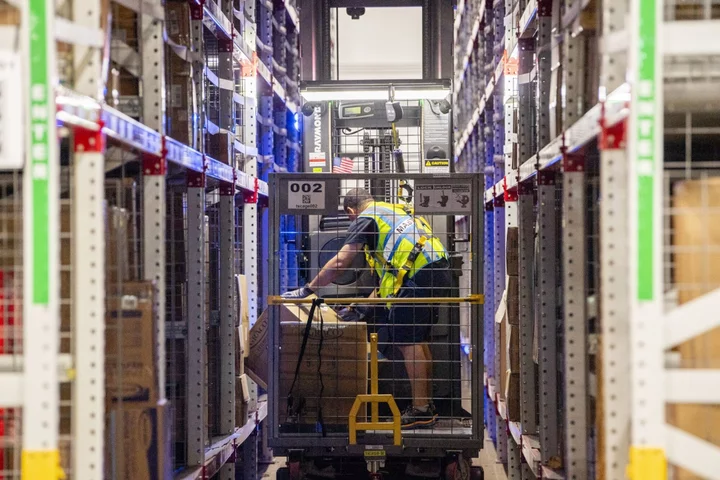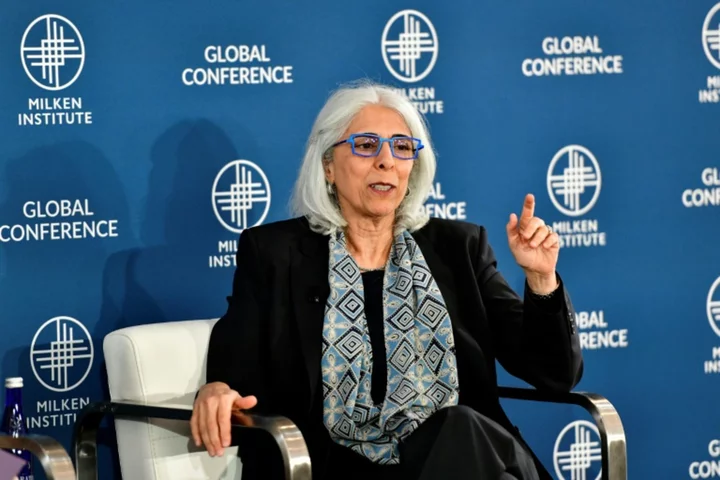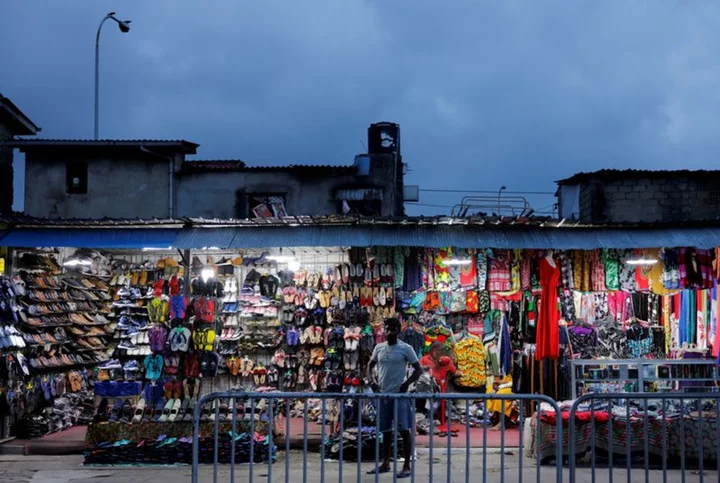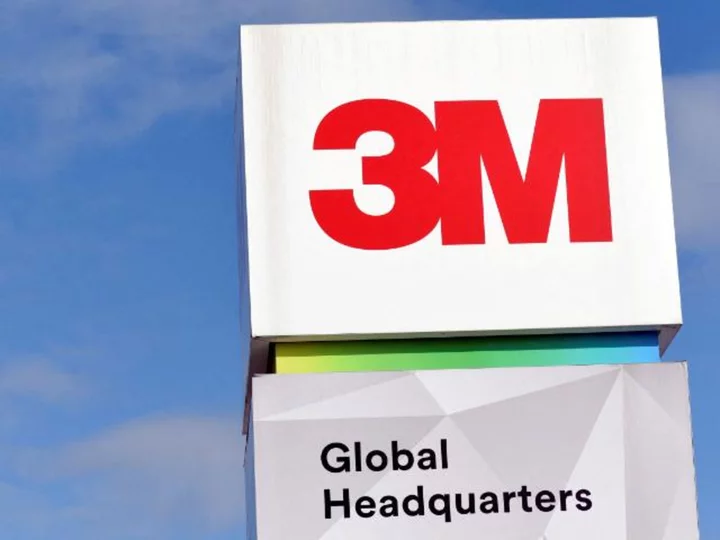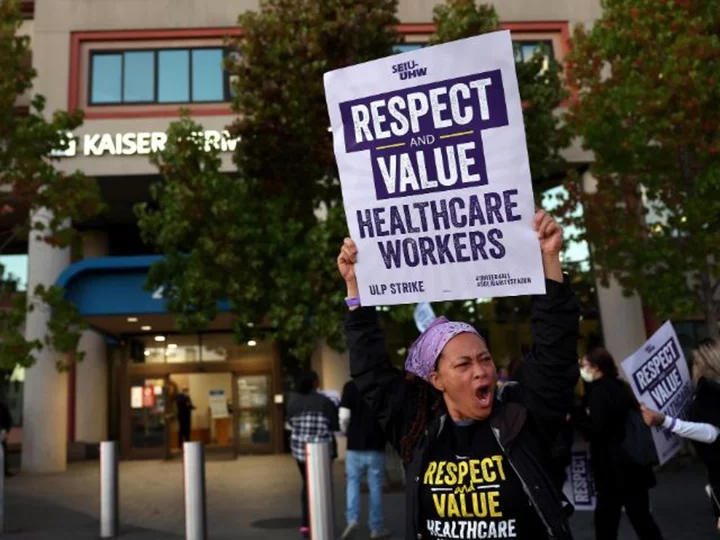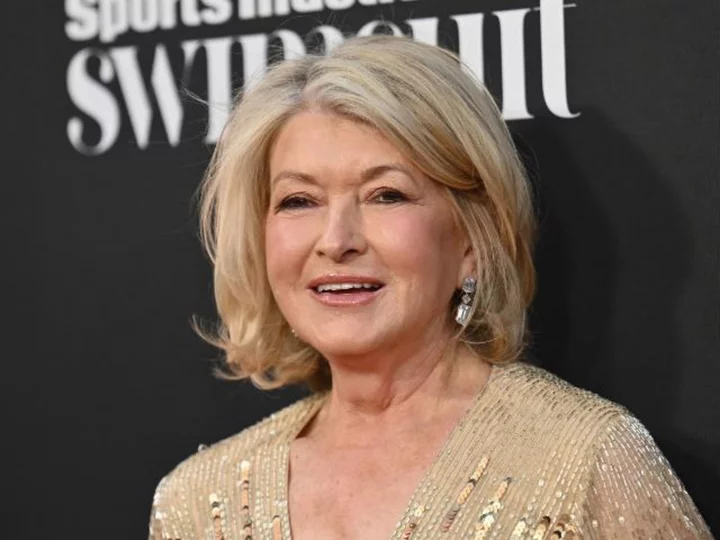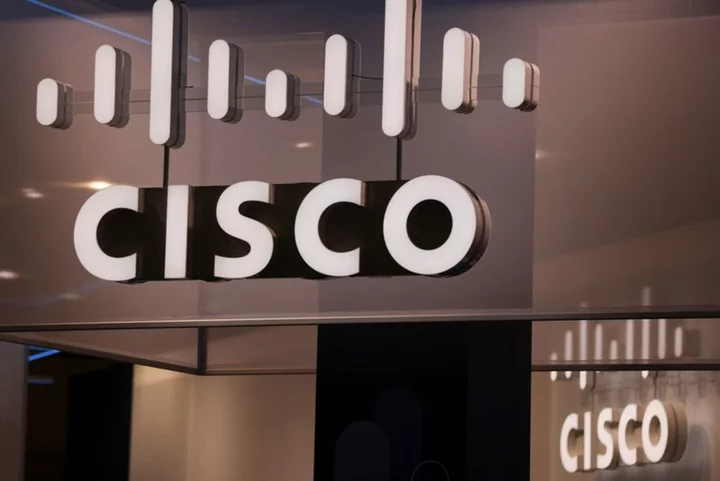Amazon.com Inc.’s fall sale for Prime subscribers kicked off Tuesday with price-conscious shoppers mostly snapping up deals on low-cost kitchen gadgets and apparel rather than splurging on big-ticket items.
Customers spent an average of $38 during the event’s first eight hours, up 2% from the same period last year, according to Attain, a research firm that harvests data from credit card transactions.
While shoppers are skimping on their purchases now, Amazon is monitoring customers’ browsing activity so it can offer them customized deals later in the season when they’re prepared to spend more, said Brian Mandelbaum, chief executive officer of Chicago-based Attain. Other retailers looking to draft off Amazon’s sale are doing much the same.
“This is a master class of how to have foresight into the consumer ahead of the season,” he said. “Each shopper will have their own symphony of offers heading into the holidays.”
Consumers are grappling with stubbornly persistent inflation even as their debt obligations balloon and savings shrink. The resumption of student loan payments, which were suspended during the pandemic, also are expected to weigh on spending.
US online sales in November and December will rise 4.8% to $222 billion, according to Adobe Inc., beating last year’s 3.5% growth, but well below the pre-pandemic level of 13% reached in 2019.
Numerator, another research firm, said top-selling items so far during the sale include Amazon-branded batteries. About 60% of items sold cost less than $20 while only 3% were more than $100, according to the firm, which culled data from 890 shoppers who placed 1,379 orders.
“We’re just getting started, and so far, we’re really pleased with what we’re seeing and hearing from our customers, with Prime members shopping top deals across electronics, toys, home, fashion, beauty and Amazon devices,” company spokesperson Maria Boschetti said in a statement.
Amazon launched its Prime Day summer sale in 2015 to attract new subscribers, who pay $139 a year for shipping discounts, video streaming and other benefits. The event helps Amazon lock in shoppers before the holidays and deepen its relationship with existing customers by offering them exclusive deals on Amazon gadgets and other products.
The Seattle-based company added a second event last year, called Prime Early Access Sale, that saw shoppers largely shun pricey products and load up on discounted pantry items instead. This year’s fall sale has been renamed Prime Big Deal Days.
During the two-day period, total US online sales will reach $8.1 billion, up 6.1% from a year earlier, according to Adobe.
Consumers seem prepared to start their holiday spending early as long as they deem the discounts sufficiently compelling. Some 64% of shoppers said they’d begin shopping in October this year, up from 53% a year ago, according to a survey conducted by RetailMeNot, which monitors online deals.
About 58% of those surveyed said they’ll shop Amazon’s Big Deal Days and planned to spend $154, which is about $100 less than what those surveyed planned to spend during the Prime Day sale in July.
“People are definitely out there looking,” RetailMeNot editor Kristin McGrath said. “How well these sales do, and how much people actually buy, remains to be determined.”
(Updated with company comment in eighth paragraph.)

